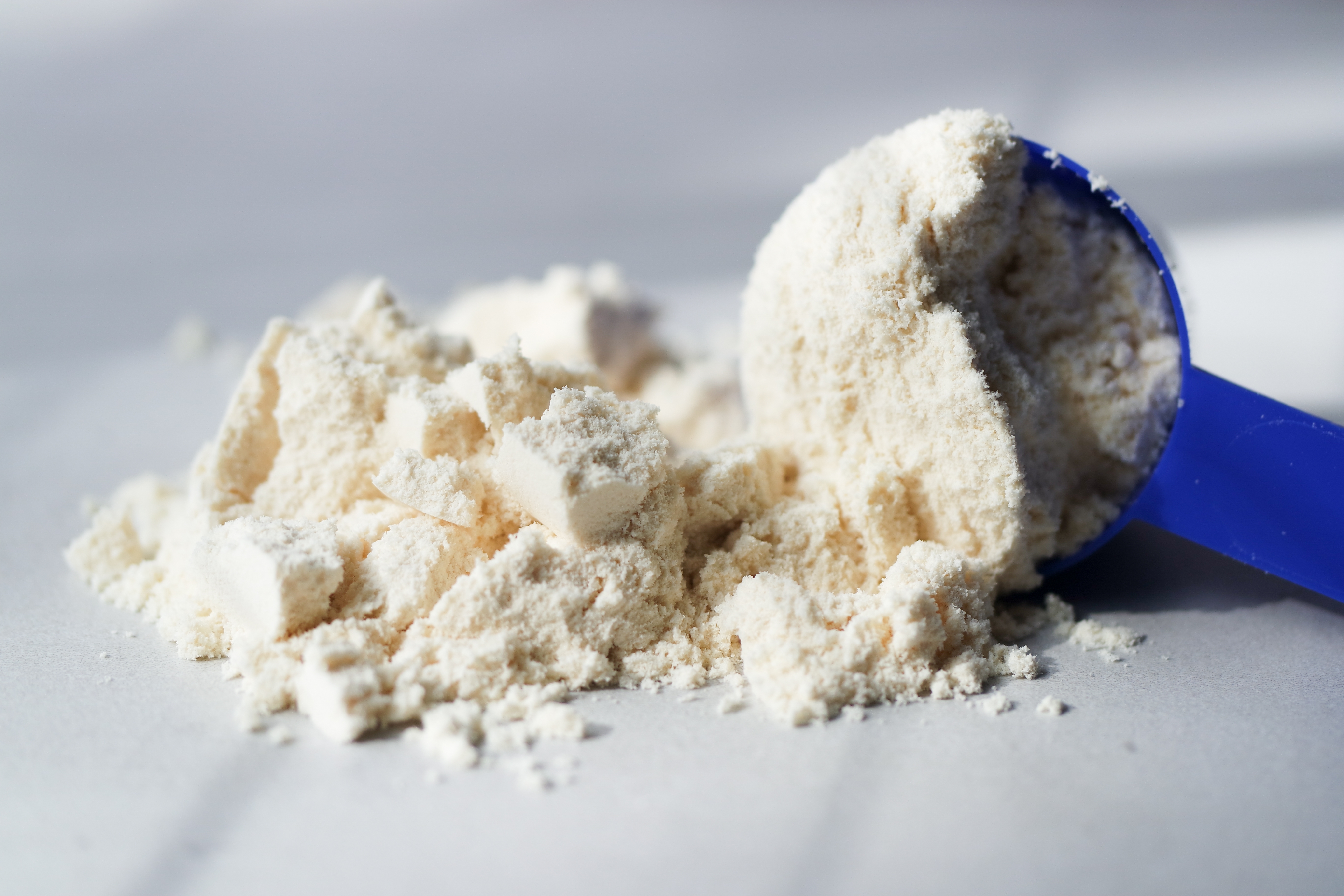12 Foods That Are Quietly Sabotaging Your Sleep Quality
9. Foods with Hidden MSG: The Flavor Enhancer's Aftermath

Monosodium glutamate (MSG), a common flavor enhancer in many processed foods, restaurant meals, and snack foods, can be a surprising sleep saboteur for sensitive individuals. While generally recognized as safe, some people report adverse reactions, including headaches, heart palpitations, and restlessness. Consuming MSG before bed might trigger a subtle, generalized feeling of unease or hyperactivity that interferes with the body's ability to settle down and enter a state of relaxation. Always check labels for MSG or its related forms.
10. Heavy Protein Shakes/Supplements (Late): The Digestive Burden

While protein is crucial for muscle repair, consuming a heavy protein shake or large amount of protein powder close to bedtime can inadvertently sabotage sleep. Digesting a large load of protein requires significant energy from your body, preventing it from fully shifting into "rest and repair" mode. This can lead to discomfort, increased core body temperature, and a metabolic state not conducive to sleep. It's often better to consume heavier protein earlier in the day or opt for smaller, more easily digestible protein sources closer to bedtime.
